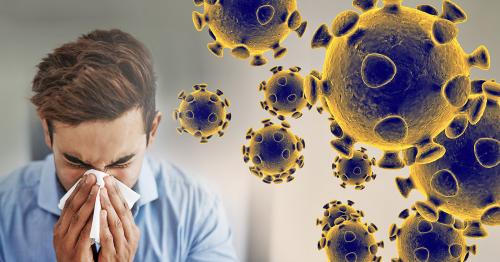How clean is clean? Will the Coronavirus impact you?
In a recent Plastics Today article, “The Dirty Truth About Medical Disinfection Practices” only about 25% of healthcare surfaces are regularly cleaned or disinfected, leaving upholstery, bedding, and mobile medical equipment as breeding grounds for microbes. We know that “high-touch” surfaces like bedrails, sinks, light switches and floors get attention, but have you thought about how many people touch those surfaces on a given day? The last time you visited your loved one in a hospital, was the cleaning crew just leaving? Chances are multiple people have touched all kinds of things in that room before you ever showed up to visit.
Bottom line, germs are everywhere folks, even in hospitals. We can’t escape them all.
So, if germs are everywhere, how do we make sure that we don’t catch the Coronavirus? According to the World Health Organization, there are a few things we can do to prevent catching any virus:
- Wash your hands frequently
- Maintain social distancing
- Maintain at least 1-meter (3 feet) distance between yourself and anyone who is coughing or sneezing.
- Avoid touching your eyes, nose, and mouth
- Practice respiratory hygiene
- Cover your nose or mouth with your bent elbow or tissue when you sneeze or cough
- If you have a fever, cough and difficulty breathing, seek medical care early
Yes, the Coronavirus has caused canceled events, canceled vacations, travel bans, wreaked havoc on thousands of families, and took a bite out of the economy. But to minimize your chances of contracting it, use common sense and remember that dirty things are around you everywhere. So, the next time you get home from grocery shopping and put your items away, wash your hands. Don’t you dare sit down to eat lunch before doing so. It could cost you your health!
https://www.who.int/emergencies/diseases/novel-coronavirus-2019/advice-for-public

